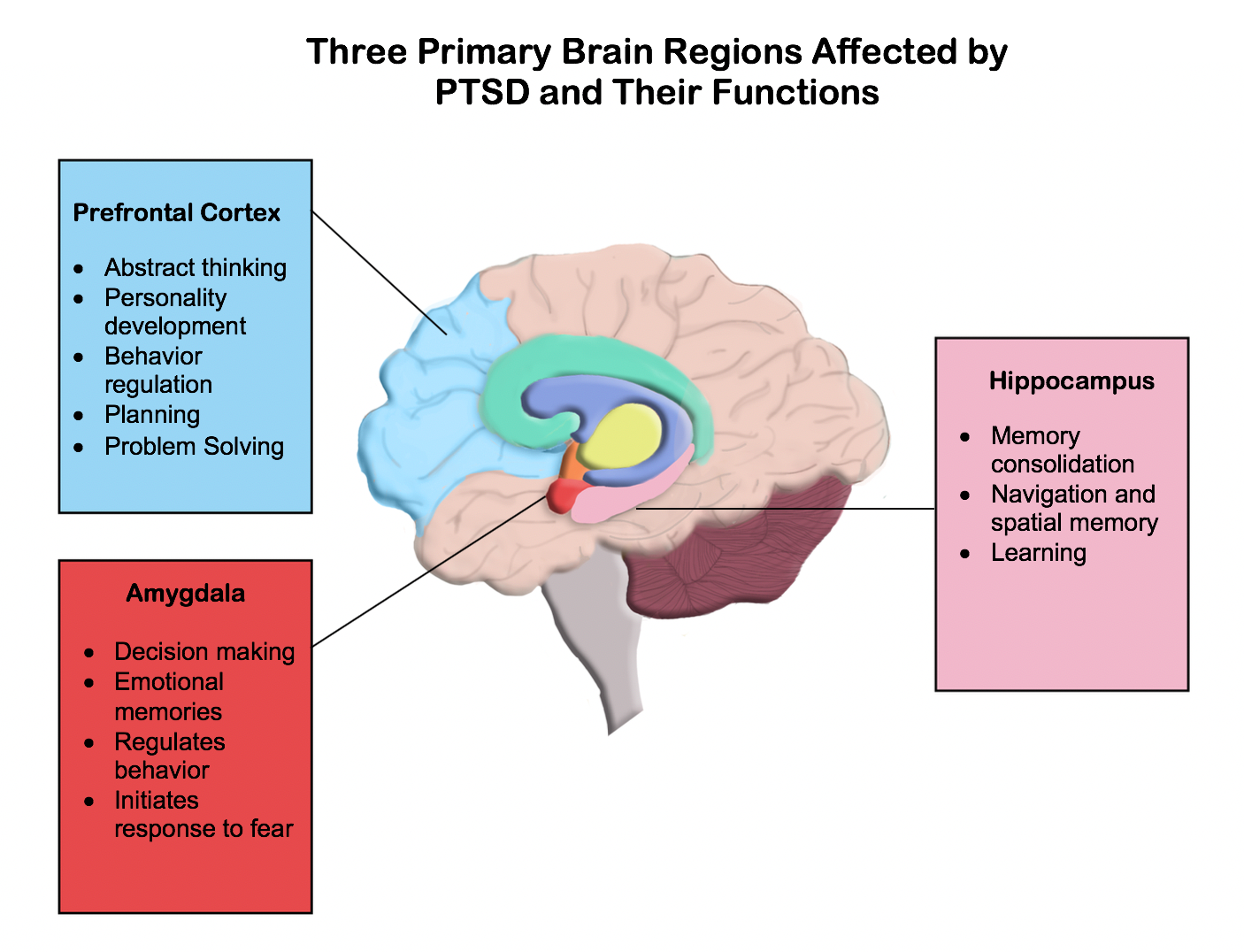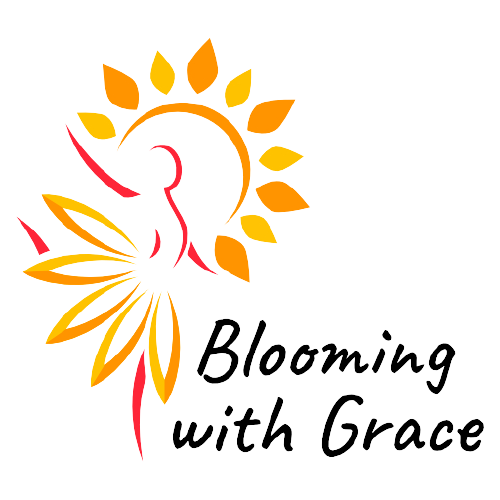Resources & Signposting
Here, you can find a treasure trove of resources & signposting to help learn and develop healthy coping skills. There is also links to other services that can be of a benefit to anyone struggling with mental health, and need help.
Check out the learning materials too which can help you better understand trauma and it’s long lasting impacts.
Helplines and Services
Samaritans
Samaritans is a registered charity aimed at providing emotional support to anyone in emotional distress, struggling to cope, or at risk of suicide throughout Great Britain and Ireland, often through their telephone helpline.
Give us a Shout
Shout 85258 is a free, confidential, 24/7 text messaging support service for anyone who is struggling to cope.
Nottinghamshire Sexual Violence Support Services
Their service is now available to survivors of all genders, aged 13+, and offers many services in addition to face-to-face counselling, with male and female counsellors, and Counselling Line services. They can provide their services for women in a women-only space.
Resources & Signposting
Learning Corner

Learn the “Hand-Brain” Model
Learn the “Hand-Brain” Model
A more in depth overview, and easily accessible tour of the brain
Sexual Violence – Myths Vs. Realities
Resources & Signposting
Self-help Coping Skills
Victim Focus
Free self-development course: Caring for yourself after sexual violence.
Written and Presented by Dr Jessica Taylor
